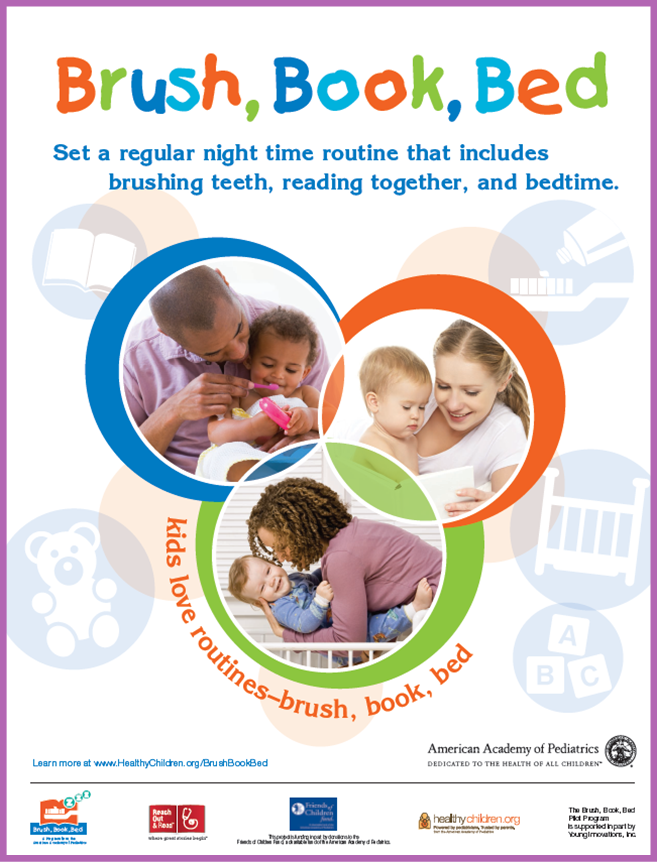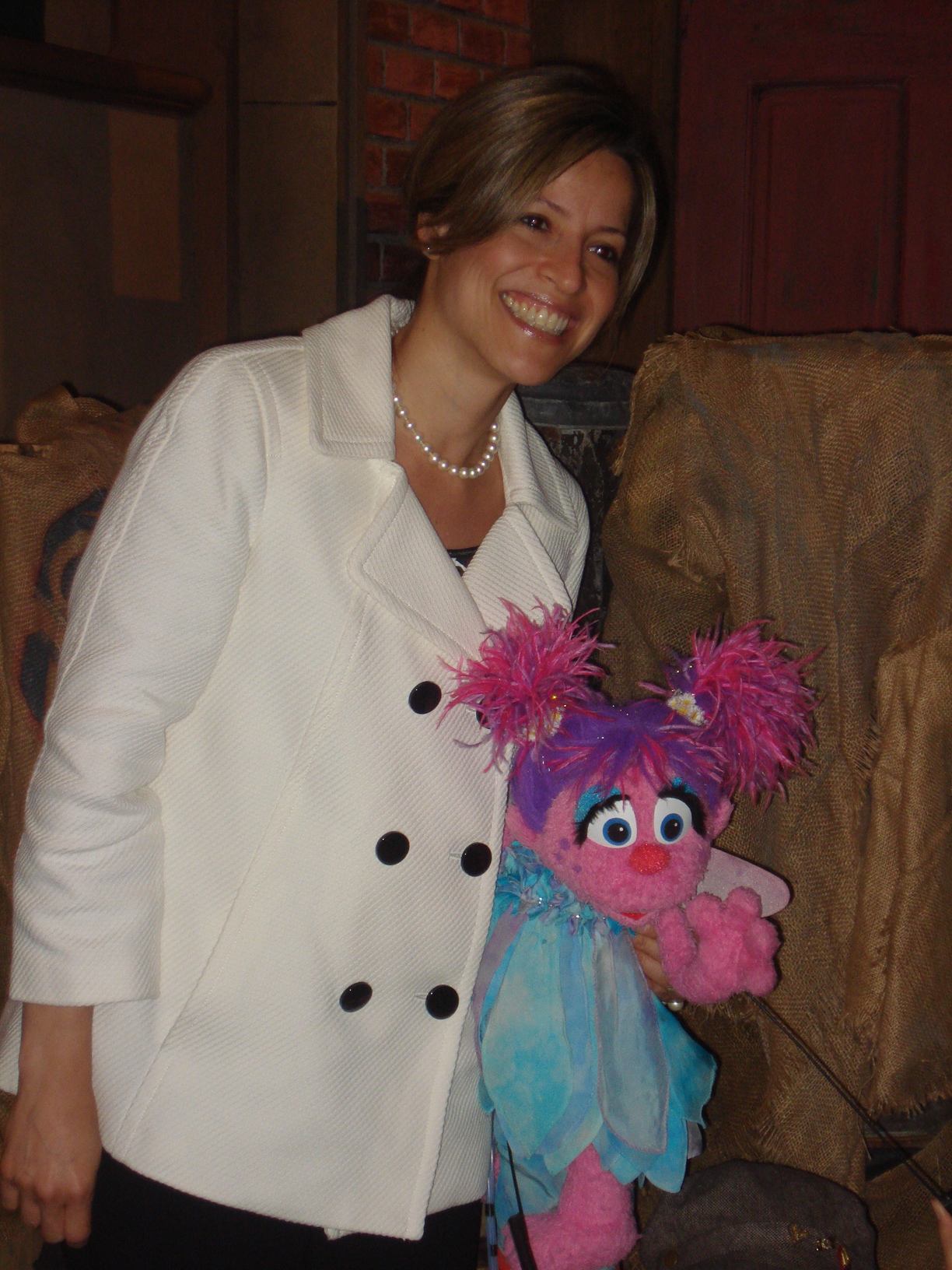"Brush Book Bed"
Dear bOHP Subscribers,
Welcome to the third bOHP newsletter of the year. In this edition, we are featuring the American Academy of Pediatrics' "Brush, Book, Bed" initiative. Bedtime routines are key to healthy development in early childhood. The intersection of family routines and oral health practices can have long-term benefits for young children. Our featured interview with Dr. Mike Steiner, Pediatrician and Associate Professor at UNC-Chapel Hill, offers his professional views on bedtime routines and oral health.
Best Wishes,
The bOHP Team
The bOHP Team
Featured Article:
American Academy of Pediatrics:
"Parents who read to their children nurture more than literary skills."
Click on the following link to view this article that providers can give to families in the dental office:
American Academy of Pediatrics:
"Parents who read to their children nurture more than literary skills."
Click on the following link to view this article that providers can give to families in the dental office:


|
Interview with Dr. Mike Steiner:
Bedtime Routines and Oral Health for Young Children What are the long-term benefits of having a good bedtime routine for kids?
Establishing good night time routines leads to good physical health, but also can help family relationships, mental health, and other critical parts of life. It is clear that sleep is an important part of overall health, and we believe that many American children do not get the amount of sleep needed for optimal health and performance. High quality sleep starts with a consistent bedtime and sleep routine. There is clear evidence that sleep quality is associated with school performance and also related to a number of medical problems including behavioral disturbances like ADHD, mental health issues, headaches, nighttime bed wetting, and even related to maintaining a healthy weight. It is also likely that sleep consistency and quality impacts other aspects of cognitive performance and avoidance of other illnesses. Good sleep starts with a regular and consistent nighttime routine that starts the physical and mental process of sleep preparation and initiation. Of course one common nighttime routine is brushing your teeth with a rice-sized amount of fluoridated toothpaste which sets the stage for long-term oral health, and serves as a good trigger for initiating the rest of a bedtime ritual. Another terrific piece of the bedtime routine is reading. For younger children this provides a time for parents to share reading with their kids. For older children, reading is not activating physically but does help focus attention and avoid lying in bed with your thoughts swimming with events of the day or things they need to get done in the future. What are some bedtime activities that should be avoided? There are a number of things that can disrupt a set sleep initiation routine and decrease the likelihood that children will fall asleep. Obviously caffeine should be avoided throughout the day, as caffeine actually has a relatively long half-life and has a prolonged effect. Immediately before bedtime, children should avoid heavy activity or exercise. Earlier in the evening or afternoon exercise actually helps improve sleep, but when it is too close to bedtime it can delay sleep. One of the most commonly used things that should be avoided is watching television, using smart phones, playing on the computer. These things are nearly ubiquitous in many households, but are generally activating; the flashing lights fool your body’s natural circadian rhythms and worsen the quality of sleep. It is estimated that half of American children have televisions in their rooms so this is a major cause of sleep disturbance. The opposite of these stimuli is something called sleep hygiene where there is a slowing-down ritual that can often be a very pleasurable period of the day for parents and children to spend time together as children’s bodies and minds prepare for a soothing transition to sleep. As above, reading a book is a terrific part of a healthy sleep routine. As dental providers, what messages can we help send to our patients in early childhood? Dentists have important health professional relationships with children and families throughout life. Hopefully all dental providers are encouraging pre-bedtime practices that improve oral health such as appropriate brushing, flossing, and avoiding late night sugars which facilitate cavity formation. However, dentists can also encourage families to incorporate brushing into a longer consistent bedtime routine that is consistently enforced and helps assure adequate sleep for children. Routines that can help ‘train’ children to have good sleep habits for life include turning off all screens, communal shared reading, and quiet talking about the day or other pleasurable things. This can be a very satisfying time of day for children and families and an enjoyable time to spend together.
|

